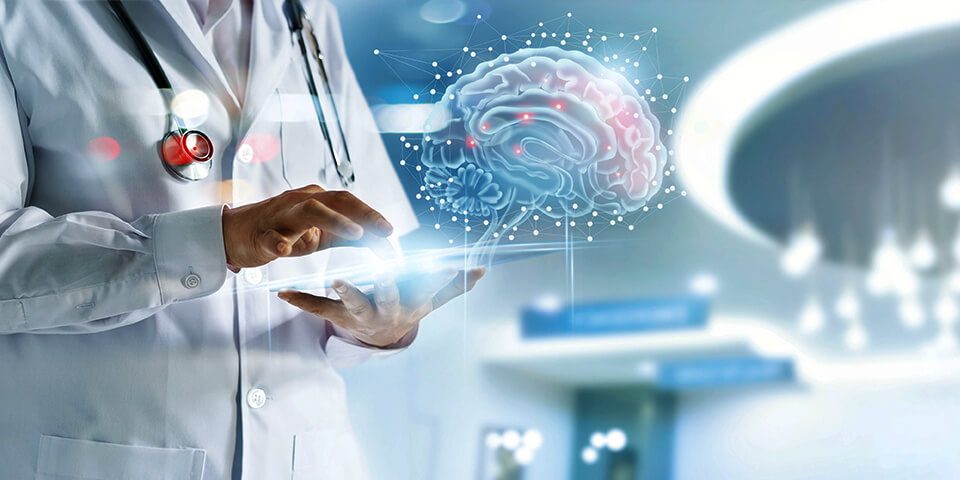#AI #healthcare
“US healthcare expenditures grew 4.6% in Y 2019, reaching $3.8-T which was 17.7% of our nation’s total GDP” — Paul Ebeling
In Y 1960, that number was only 5%.
The National Healthcare Expenditure (NHE) is predicting that costs will reach $6.2-T and account for 20% of GDP by Y 2028.
Public policy experts, government officials, sector leaders, business executives, and citizens from all walks of life have been seeking healthcare reform for years.
The Big Q: How can costs be reduced, while saving lives?
The Big A: AI (artificial intelligence) and machine learning are being used to reform the healthcare system in ways thought unimaginable even 5 yrs ago.
Using algorithmic architecture, AI works just like our brains. Our brains receive signals in our neurons to process the data we see. As we continue to experience new things, our brains process new information based on previous data to make informed decisions. The same happens with deep learning. The more data the AI has to process, the more accurate it becomes in its predictions.
Now medical professionals using AI can predict when a patient will come down with a sickness or need surgery up to 12 months in advance.
Big pharma is harnessing the power of AI and genomics to develop precision cancer therapies to help provide more effective cancer treatments.
AI is compressing the cost and clinical trial timeline, removing much of the trial and error in drug development.
FACT: Fraud is a huge cost to the healthcare system. The National Health Care Anti-Fraud Association estimates that fraud costs the nation about $68-B annually, fraudsters go to great ends to get patient data.
Human error contributes substantially to medical fraud. With AI, that human error can be eliminated, and the cost of fraud reduced.
AI is conquering the complexity that stood in the way of reducing costs and producing better outcomes in the healthcare industry. By constantly processing volumes of complex data to yield new insights, learn, predict, anticipate, and adapt, AI helps solve the problems of healthcare past, meets the demands of healthcare present and prepares companies to address the needs of healthcare in the future.
Have a prosperous day, Keep the Faith!









